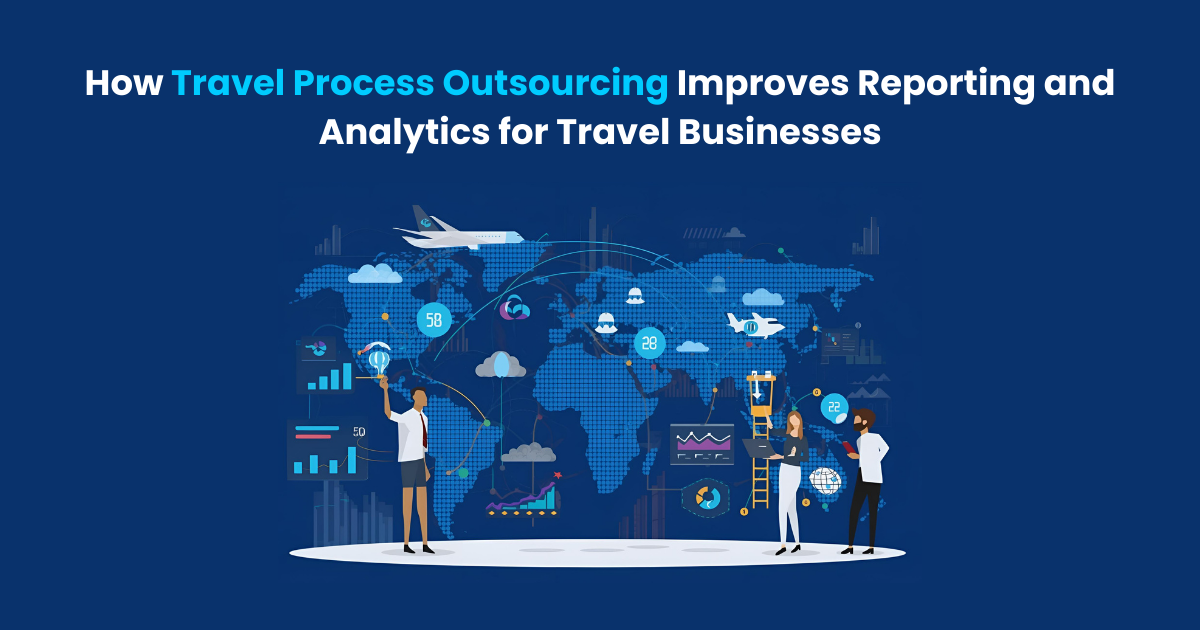
Introduction
In today’s rapidly evolving digital landscape, businesses are under constant pressure to deliver faster, more accurate, and more personalized services. Microsoft Dynamics 365 has emerged as a powerful platform that integrates ERP and CRM capabilities, empowering businesses to make data-driven decisions. As enterprises seek to modernize their operations, AI-driven implementations are becoming a key differentiator in ensuring successful outcomes. Specifically, Microsoft Copilot and automation technologies are transforming how organizations approach microsoft d365 implementation.
This article explores how AI tools, particularly Microsoft Copilot and automation capabilities, are revolutionizing the way Dynamics 365 projects are implemented—driving speed, accuracy, and user adoption across industries.
The Shift Toward AI-Driven Implementation
Traditional implementation of enterprise software like Dynamics 365 involves meticulous planning, manual configuration, data migration, testing, and training. While this approach works, it is often time-consuming, resource-intensive, and prone to human error. With AI entering the equation, organizations now have the opportunity to accelerate this process significantly while improving quality and user satisfaction.
AI-driven implementation combines machine learning, predictive analytics, and natural language processing (NLP) to streamline deployment. This approach is not about replacing human expertise but enhancing it with intelligent recommendations, proactive insights, and automation.
What is Microsoft Copilot?
Microsoft Copilot is an AI-powered assistant embedded within the Microsoft ecosystem, including Dynamics 365. Powered by large language models (LLMs) and integrated with Microsoft Graph and Azure AI, Copilot understands business context and user intent to provide real-time assistance.
In the context of Microsoft Dynamics 365 implementation services, Copilot can:
- Automate routine tasks and configurations
- Generate and summarize reports
- Offer intelligent recommendations for business process improvement
- Assist with data mapping during migration
- Enhance user training with contextual help
This AI assistant brings conversational capabilities to the forefront, enabling users to interact with the system using natural language. Instead of navigating complex interfaces or writing code, users can simply ask Copilot to perform tasks like, “Generate a monthly sales report for Q1” or “Show me overdue purchase orders.”
Key Benefits of AI-Driven Implementation in Dynamics 365
1. Faster Time-to-Value
By leveraging automation and AI tools like Copilot, organizations can drastically reduce the time needed for Dynamics 365 deployment. Automated configuration of modules, data mapping, and test scripts accelerates initial setup and allows businesses to go live faster.
2. Improved Data Migration and Integrity
AI models can identify patterns in legacy data and suggest optimal mapping strategies, reducing the chances of migration errors. Copilot can assist in validating and cleansing data in real-time, ensuring a higher level of data integrity during the transition.
3. Enhanced User Training and Adoption
One of the common challenges in any software implementation is user adoption. With AI assistants embedded within Dynamics 365, users can receive just-in-time support. Copilot acts as a virtual tutor, guiding users through new features, workflows, and custom functions.
4. Predictive Configuration and Customization
AI can analyze past implementation patterns and business requirements to suggest the most relevant modules, workflows, and configurations. This predictive capability helps align the solution closely with business goals from the outset.
5. Real-Time Decision Support
AI enables real-time data analysis and visualization, which can be leveraged during the implementation phase to make informed decisions. For example, if a particular sales workflow isn’t performing as expected, Copilot can suggest optimizations based on live data trends.
Practical Use Cases in Dynamics 365 Implementation
• Sales and Marketing Modules
During implementation, AI can help configure lead scoring models, generate customer segmentation strategies, and automate follow-up tasks. Copilot can even suggest campaign improvements based on previous performance.
• Finance and Operations
AI can automate bank reconciliations, flag anomalies in financial data, and generate compliance-ready reports. Automation of financial processes significantly reduces the time and effort during ERP module setup.
• Customer Service
AI-driven chatbots and Copilot can be configured during implementation to handle common customer queries, auto-route cases, and provide sentiment analysis. This lays the foundation for a proactive customer experience.
• Supply Chain Management
AI can predict demand trends, suggest inventory levels, and optimize logistics routes during implementation. These features enhance the utility of the Supply Chain Management module from day one.
Integrating Automation into Microsoft Dynamics 365 Implementation Services
Automation plays a pivotal role alongside AI in driving efficiency. Implementation partners offering Microsoft Dynamics 365 implementation services are now adopting robotic process automation (RPA), workflow engines, and API-based integration frameworks to:
- Automate repetitive tasks like user provisioning, role assignment, and access control
- Orchestrate multi-step configuration processes
- Trigger alerts for implementation bottlenecks
- Enable CI/CD pipelines for custom app development within Dynamics 365
By integrating automation early in the project lifecycle, businesses can ensure repeatability, scalability, and minimal human error.
Overcoming Challenges in AI-Driven Implementation
Despite its advantages, adopting AI in implementation is not without challenges:
- Data Quality: AI is only as good as the data it learns from. Inaccurate or incomplete data can lead to poor recommendations.
- Change Management: Users may resist new workflows introduced by AI. Structured training and communication are critical.
- Security and Compliance: AI tools must be configured to respect industry regulations, especially in sectors like finance and healthcare.
- Dependency Risk: Over-reliance on AI without human oversight can lead to blind spots. AI should complement, not replace, expert input.
Working with experienced Microsoft Dynamics 365 implementation service providers can mitigate these risks and ensure a smooth, secure rollout.
Future Outlook: Dynamics 365 + AI
The future of Dynamics 365 implementation lies in deeper integration of AI across all stages of the project lifecycle. With Microsoft continuously enhancing Copilot’s capabilities and introducing industry-specific AI models, we can expect even greater levels of automation, personalization, and proactive insight.
In addition, integration with tools like Power Platform, Azure Machine Learning, and GitHub Copilot will further streamline implementations, reduce coding requirements, and unlock new possibilities for digital transformation.
Conclusion
AI is reshaping the way organizations approach Microsoft Dynamics 365 implementation services. With intelligent assistants like Copilot and robust automation frameworks, businesses can accelerate deployment, reduce errors, and empower users to get the most from their investment.
As AI technologies evolve, the role of implementation partners will also shift from just deployment experts to strategic enablers of digital transformation. Embracing AI-driven implementation is no longer optional — it’s the future of enterprise software delivery.
For businesses considering Dynamics 365, partnering with a provider who understands the intersection of AI, automation, and enterprise software will be the key to long-term success.





